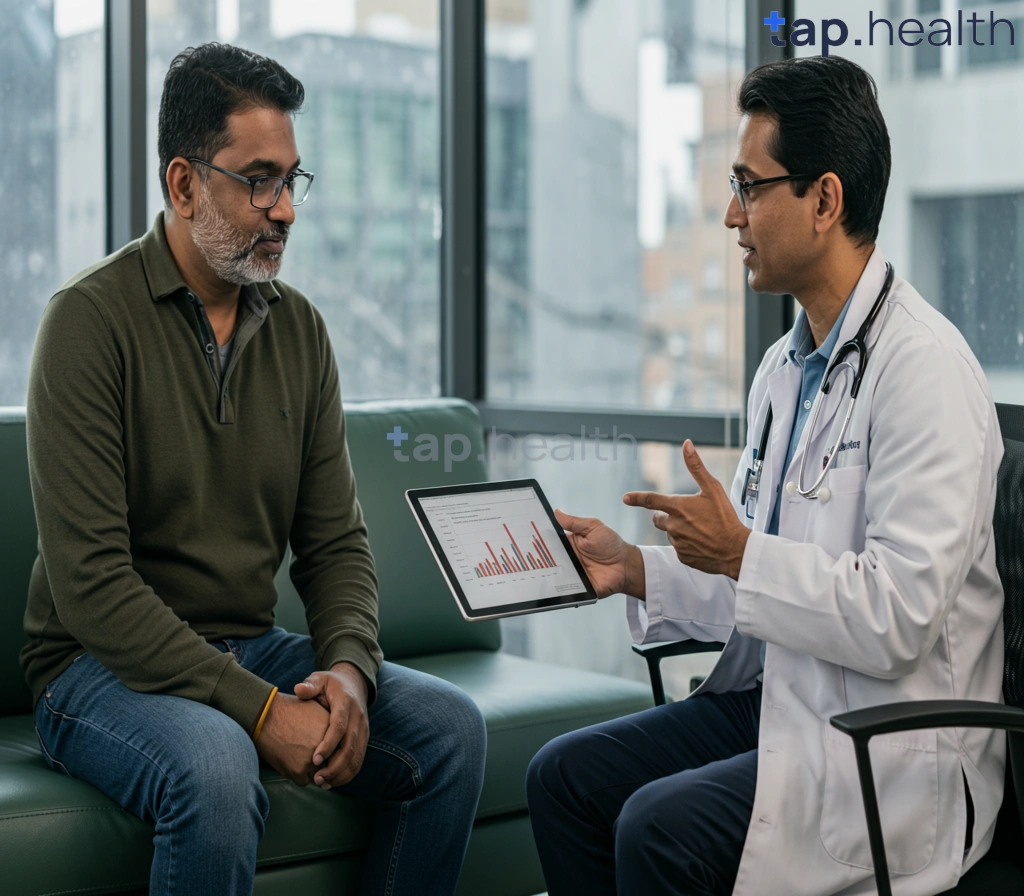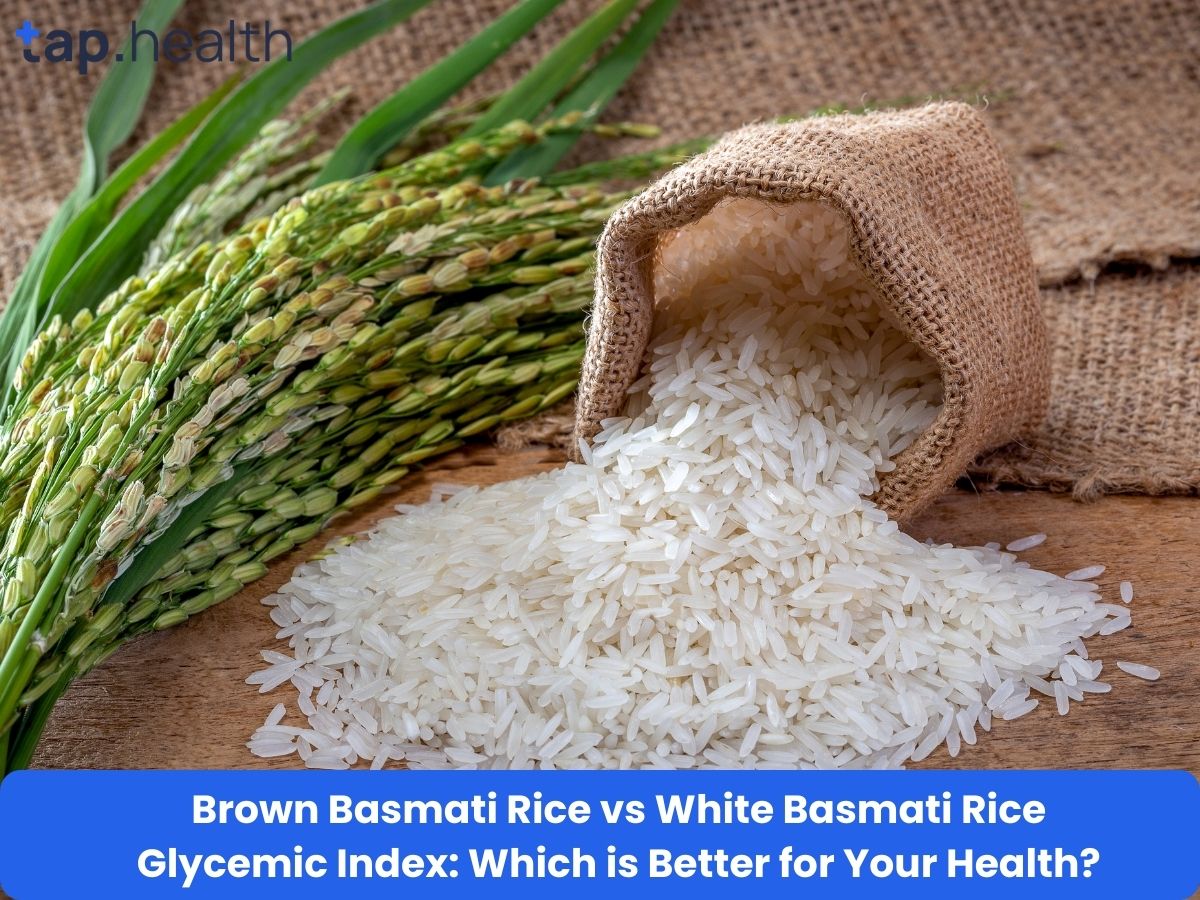Table of Contents
- Post-Kidney Transplant: Mastering Diabetes Management
- Diabetes After Kidney Transplant: A Comprehensive Guide
- Understanding Blood Sugar Control After a Kidney Transplant
- Navigating Diabetes Challenges Post-Kidney Transplant
- Tips for Effective Diabetes Care After Kidney Transplant
- Frequently Asked Questions
- References
Life after a kidney transplant is a journey filled with incredible hope and, understandably, some adjustments. One significant challenge many recipients face is managing diabetes, a common complication following transplantation. This blog post, Post-Kidney Transplant: Navigating Diabetes Care and Management, is designed to help you understand the unique aspects of diabetes care in this context. We’ll explore practical strategies, address common concerns, and empower you to take control of your health and well-being. Let’s work together to ensure you thrive in this new chapter of your life. Managing diabetes post-transplant doesn’t have to be overwhelming; with the right information and support, you can achieve excellent health outcomes.
Post-Kidney Transplant: Mastering Diabetes Management
Living with diabetes after a kidney transplant presents unique challenges, especially in hot and humid climates prevalent across India and other tropical countries. The increased risk of complications is significant; nearly 30% of people with diabetes develop diabetic nephropathy, a condition that damages the kidneys. This highlights the crucial need for diligent diabetes management post-transplant. Effective control is paramount not only for your overall health but also for the longevity of your transplanted kidney.
Understanding Your Unique Needs
Post-transplant, your medication regimen will change significantly, impacting blood sugar levels. Immunosuppressant drugs, essential for preventing organ rejection, can often contribute to increased blood sugar. This necessitates close monitoring and potentially adjustments to your diabetes medication, including insulin dosages. Regular check-ups with your nephrologist and endocrinologist are absolutely crucial. Regular blood glucose monitoring is a must, especially during periods of increased stress or illness which are more common in hot and humid environments.
Practical Tips for Effective Management
Maintaining a healthy diet is vital. Focus on consuming a balanced diet rich in fruits, vegetables, and lean protein, while limiting processed foods, sugary drinks, and saturated fats. Staying hydrated is particularly important in tropical climates; however, it’s crucial to consult your doctor about appropriate fluid intake, as excessive fluid can strain your kidneys. Regular physical activity, tailored to your health condition and the climate, is beneficial for blood sugar control and overall well-being. Remember to consult your doctor before starting any new exercise routine. Finding support groups can also significantly improve your management and emotional well-being, especially in a shared cultural context. For additional tips, you might find our article on 10 Proven Tips for Effective Diabetes Management helpful.
Taking Charge of Your Health
Successfully managing diabetes after a kidney transplant requires dedication, consistent monitoring, and a strong partnership with your healthcare team. By proactively addressing the challenges and adopting a holistic approach, you can significantly improve your quality of life and ensure the long-term success of your transplant. Schedule a consultation with your healthcare provider to discuss a personalized diabetes management plan, specifically tailored to your individual needs and the climatic conditions of your region. The challenges of diabetes management can evolve over time, so it’s beneficial to understand the considerations discussed in Managing Diabetes as You Age: Challenges and Solutions.
Diabetes After Kidney Transplant: A Comprehensive Guide
Diabetes is a significant concern for many kidney transplant recipients, particularly in India and other tropical countries. The prevalence of diabetes is substantial globally, with a large portion of those affected falling within the 20-64 age group (61%), a demographic often facing kidney issues. Understanding how to manage diabetes effectively post-transplant is crucial for long-term health and improved quality of life. This is even more critical in regions with high diabetes prevalence like India, where access to specialist care can vary.
Managing Blood Sugar Levels
Post-transplant, maintaining stable blood glucose levels is paramount. Your doctor will likely prescribe medication, possibly insulin, to help regulate your blood sugar. Regular blood glucose monitoring is essential, and you’ll need to learn how to interpret the results and adjust your medication or diet accordingly. This requires diligent self-management and close collaboration with your healthcare team. Remember to adhere strictly to your prescribed medication regimen. Choosing the right medication is crucial, and you might find our blog on Which Diabetes Drug is Best for Diabetics with Kidney Disease? helpful.
Dietary Considerations
A balanced diet plays a vital role in managing diabetes after a kidney transplant. Focus on consuming foods low in sodium, potassium, and phosphorus, which are often restricted in post-transplant diets. In Indian and tropical contexts, this might mean adjusting traditional recipes and exploring alternatives rich in essential nutrients while keeping these restrictions in mind. Consult a registered dietitian specializing in renal diets to create a personalized meal plan.
Lifestyle Modifications
Regular exercise, even moderate activity, can significantly improve blood sugar control. However, consider your physical limitations post-transplant and consult your doctor before starting any new exercise routine. Prioritizing stress management techniques such as yoga or meditation can also positively influence your overall health and diabetes management. Planning travel while managing your condition requires careful consideration, and our guide on Traveling with Diabetes: Essential Tips for a Safe & Healthy Journey offers valuable insights.
Seeking Regional Support
In India and other tropical countries, access to specialized diabetes care post-transplant may vary. Actively seek out support groups, both online and offline, to connect with others facing similar challenges. These communities offer invaluable emotional support and practical advice, facilitating better navigation of the complexities of managing diabetes after a kidney transplant. Don’t hesitate to reach out to your healthcare team for any concerns or questions.
Understanding Blood Sugar Control After a Kidney Transplant
Receiving a kidney transplant is a life-changing event, especially for those with diabetes. Managing blood sugar effectively post-transplant is crucial for long-term health and graft survival. Maintaining optimal blood glucose levels is paramount, and requires diligent monitoring and adherence to your doctor’s prescribed regimen. This is even more critical in warm, tropical climates where factors like hydration and heat can impact blood sugar levels.
Challenges in Blood Sugar Control Post-Transplant
Post-transplant, your body undergoes significant changes, impacting how it processes insulin and regulates blood sugar. Immunosuppressant medications, essential for preventing organ rejection, often contribute to increased blood sugar levels. Furthermore, the stress of the surgery and recovery can also affect glucose control. In Indian and tropical countries, access to healthcare and consistent monitoring may pose additional challenges.
Achieving Target Blood Sugar Levels
The recommended target blood sugar levels for individuals with diabetes post-kidney transplant generally aim for below 140/90 mmHg, although some guidelines suggest a more stringent goal of below 130/80 mmHg. Achieving these targets requires a multi-faceted approach including regular blood glucose monitoring, a carefully planned diet, consistent medication adherence (including insulin or oral hypoglycemics as prescribed), and regular exercise. It’s crucial to discuss your individual targets with your nephrologist and endocrinologist. Understanding your Blood Sugar Levels is the first step to effective management.
Practical Tips for Success
* Regular monitoring: Frequent blood glucose checks are vital, helping you and your healthcare team adjust your treatment as needed.
* Dietary adjustments: Consult a registered dietitian for personalized dietary advice, focusing on foods that support healthy blood sugar levels and address any regional dietary preferences. Managing other health conditions, such as high cholesterol, is also important. For information on managing cholesterol, see our article on How to Manage Cholesterol Levels with Diabetes?
* Hydration: Staying well-hydrated is particularly important in tropical climates to prevent dehydration, which can affect blood sugar regulation.
* Consistent medication: Never miss doses of your prescribed medications.
* Regular check-ups: Attend all scheduled follow-up appointments with your nephrologist and endocrinologist.
Remember, consistent communication with your healthcare team is key to managing your diabetes effectively after a kidney transplant. Don’t hesitate to reach out to your doctors with any questions or concerns. Working together, you can achieve optimal blood sugar control and improve your overall quality of life.
Navigating Diabetes Challenges Post-Kidney Transplant
Receiving a kidney transplant is a life-changing event, offering renewed hope and improved health. However, for many recipients, especially in Indian and tropical countries, managing diabetes post-transplant presents significant challenges. The fact that 50% of diabetes cases worldwide are undiagnosed highlights a critical issue, particularly in regions with limited access to healthcare. This often leads to delayed diagnosis and treatment, impacting transplant success.
Understanding the Increased Risk
Post-transplant diabetes mellitus (PTDM) is a common complication, often emerging due to the immunosuppressant medications needed to prevent organ rejection. These medications can interfere with insulin production and glucose metabolism, increasing blood sugar levels. This risk is exacerbated in individuals already predisposed to diabetes, common in many Indian and tropical populations due to genetic factors and lifestyle choices. Early detection and proactive management are crucial. Understanding how diabetes affects blood flow is also critical for overall health and post-transplant care.
Effective Strategies for Management
Successful diabetes management post-transplant requires a multi-pronged approach. This includes regular blood glucose monitoring, adherence to prescribed medication (including insulin if needed), and adopting a healthy lifestyle. This lifestyle encompasses a balanced diet, rich in fruits, vegetables, and whole grains, low in saturated fats and refined sugars—crucial considerations in Indian and tropical cuisines. Regular physical activity, even short walks, is vital for improving insulin sensitivity and overall well-being. Consult your nephrologist and endocrinologist regularly for personalized guidance and adjustments to your treatment plan.
Seeking Support in Your Region
Access to specialized diabetes care can significantly impact post-transplant outcomes. In India and tropical countries, finding support groups and reliable healthcare professionals with experience in managing PTDM is vital. Actively seek out these resources, as they provide invaluable information, emotional support, and practical strategies for navigating the challenges of diabetes post-kidney transplant. Remember, proactive management is key to a healthy and fulfilling life after transplant. It’s also important to dispel any myths surrounding diabetes transmission; learn the facts here.
Tips for Effective Diabetes Care After Kidney Transplant
Post-kidney transplant, managing diabetes becomes even more critical. The added stress on your body, coupled with immunosuppressant medications, can significantly impact blood sugar control. This is especially important in hot and humid climates prevalent in many Indian and tropical countries, where dehydration can exacerbate diabetes complications. For example, increased sweating can lead to low blood sugar, requiring careful monitoring and adjustments to your diabetes management plan.
Monitoring Blood Sugar Levels
Regular blood glucose monitoring is paramount. Aim for frequent checks, especially after meals and before bed, to identify patterns and adjust insulin doses accordingly. Consider investing in a reliable glucometer and learning how to accurately interpret the readings. This consistent monitoring is crucial to prevent both hyperglycemia (high blood sugar) and hypoglycemia (low blood sugar), which can have serious consequences post-transplant.
Dietary Adjustments
Your diet needs to be carefully planned to support both kidney health and diabetes management. Consult a registered dietitian to develop a personalized meal plan that’s low in sodium, potassium, and phosphorus, while also managing your carbohydrate intake effectively. This is especially important in regions where readily available foods may not always align with a strictly controlled diet. Focus on fresh, locally sourced fruits and vegetables to ensure nutritional adequacy. For more general tips on diabetes management, check out 10 Proven Tips to Effectively Manage Diabetes | Simple Guide.
Lifestyle Modifications
Maintaining a healthy lifestyle is crucial for overall well-being and diabetes control. Regular exercise, even moderate activity like walking, is beneficial. However, remember to stay hydrated, especially in hot climates. Importantly, studies show that smokers with diabetes face a doubled mortality risk from cardiovascular issues. Quitting smoking is a critical step in improving your health and reducing your risk of complications. Prioritize regular check-ups with your nephrologist and endocrinologist to monitor your progress and make necessary adjustments to your care plan. To learn more about preventing long-term complications, see How to Prevent Long-Term Complications of Diabetes: Easy Tips.
Seeking Support
Connect with local support groups or online communities for kidney transplant recipients and people with diabetes. Sharing experiences and learning from others can greatly improve your overall well-being and encourage adherence to your treatment plan. Remember, consistent management is key to thriving after a kidney transplant, particularly in the unique climate and dietary context of Indian and tropical countries.
Frequently Asked Questions
Q1. How does a kidney transplant affect my diabetes management?
Kidney transplants require immunosuppressant drugs to prevent organ rejection. These drugs can unfortunately raise blood sugar levels, making diabetes management more complex and requiring close monitoring and medication adjustments.
Q2. What is the best way to manage my diabetes after a kidney transplant, especially in a hot climate?
Managing diabetes post-transplant needs a holistic approach: a balanced diet (low in sodium, potassium, and phosphorus), regular blood glucose checks, moderate exercise, and consistent communication with your healthcare team. Hot climates can add extra challenges, so be sure to discuss this with your doctor.
Q3. What blood sugar levels should I aim for after a kidney transplant?
Maintaining optimal blood sugar levels is crucial for your health and the longevity of your transplanted kidney. Generally, aim for levels below 140/90 mmHg. Your doctor will provide specific targets based on your individual needs.
Q4. What are some potential challenges I might face managing diabetes after a kidney transplant?
Challenges include the side effects of immunosuppressant drugs on blood sugar, the need for careful dietary adjustments (low sodium, potassium, phosphorus), and the importance of consistent monitoring and adherence to medications. Access to specialized care may also be a factor depending on your location.
Q5. How important are regular check-ups and communication with my healthcare team after a kidney transplant?
Regular check-ups and open communication with your healthcare team are vital. They allow for proactive management, adjustments to medications as needed, and early detection of any problems, ultimately improving your quality of life and the success of your transplant.
References
- A Practical Guide to Integrated Type 2 Diabetes Care: https://www.hse.ie/eng/services/list/2/primarycare/east-coast-diabetes-service/management-of-type-2-diabetes/diabetes-and-pregnancy/icgp-guide-to-integrated-type-2.pdf
- Diabetes Mellitus: Understanding the Disease, Its Diagnosis, and Management Strategies in Present Scenario: https://www.ajol.info/index.php/ajbr/article/view/283152/266731



